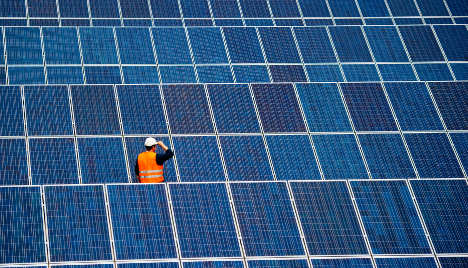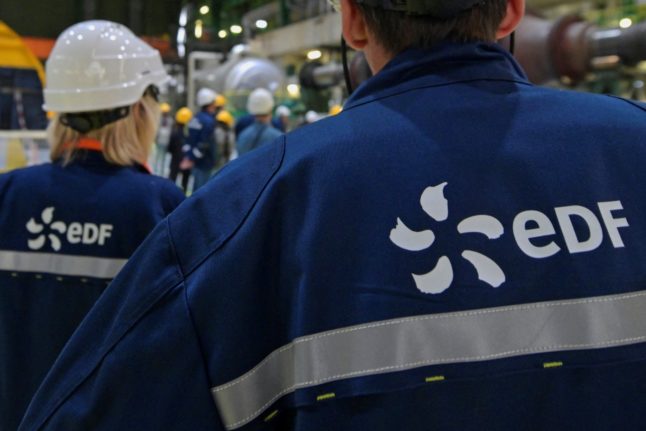Environment Minister Norbert Röttgen announced on Thursday that high demand for solar power equipment had pushed down costs and allowed the government to bring forward planned subsidy cuts without harming the industry.
Röttgen and the president of the BSW solar industry association, Günther Cramer, jointly announced the agreement in Berlin. It means cuts planned for next year will be brought forward by six months and will take effect in July.
The size of the cut will range from 3 percent to 15 percent, depending on how much new photovoltaic (PV) equipment comes onto the grid from March to May. The full 15 percent cut will apply only if sales of PV devices, which convert sunlight into electricity, are expected to top 7.5 gigawatts of capacity.
The subsidy is already set to drop by 9 percent at the beginning of 2012. With the additional cuts, the subsidy could therefore fall by 24 percent by the start of next year.
At present, power suppliers are obliged to buy electricity from solar farms and other solar providers at an average 29 cents per kilowatt hour above the market rate. The power suppliers then pass the difference onto consumers, meaning everyone pays a little extra to subsidize solar power.
If the full subsidy cuts of 24 percent go ahead, the extra costs per kilowatt hour would drop to 22 cents.
Röttgen, of Angela Merkel’s conservative Christian Democratic Union, fended off attacks from his party’s ruling coalition partners, the pro-business Free Democratic Party, which leans towards scrapping the subsidy.
The minister praised the solar industry for its willingness to forego subsidies.
“This is a unique act,” he said. “I hope that it becomes an example for other recipients of subsidies,” he said.
He rejected a call by the Lower Saxony Environment Minister Hans-Heinrich Sander, of the FDP, to scrap the subsidy altogether in the face of rising energy costs.
“I don’t regard that as a serious approach,” he said.
The government is concerned that the solar subsidy has overheated the market and artificially pushed down the price of photovoltaic cells. Germany is the world’s leading market for solar panels but the subsidy had caused a dramatic drop in the price of German-made solar panels amid competition from cheaper producers in China.
“A solar market that grows too quickly and overheats would push up power costs,” Röttgen said.
DPA/The Local/djw



 Please whitelist us to continue reading.
Please whitelist us to continue reading.
Member comments